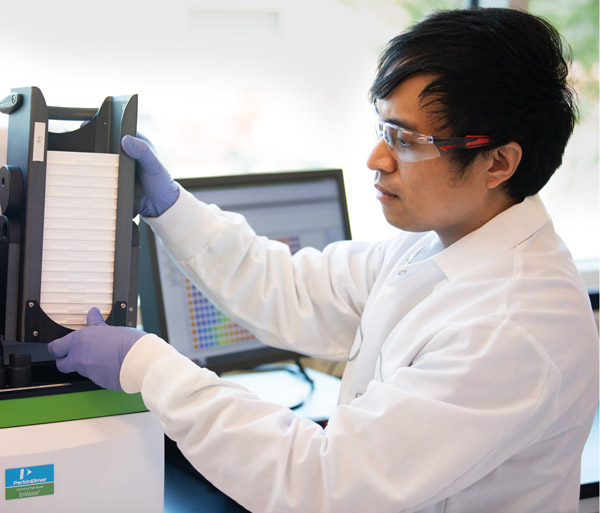
Chemotype Evolution
Chemotype Evolution (CE) is a discovery platform designed to efficiently identify and optimize drug candidates by completing successive iterations of library synthesis and screening.
CE enabled the exploration of chemical diversity in a target-specific manner, and led to the identification of novel incretin targeted product candidates. Clinical-stage product candidates are being evaluated for safety and efficacy in people with obesity, type 2 diabetes and type 1 diabetes.